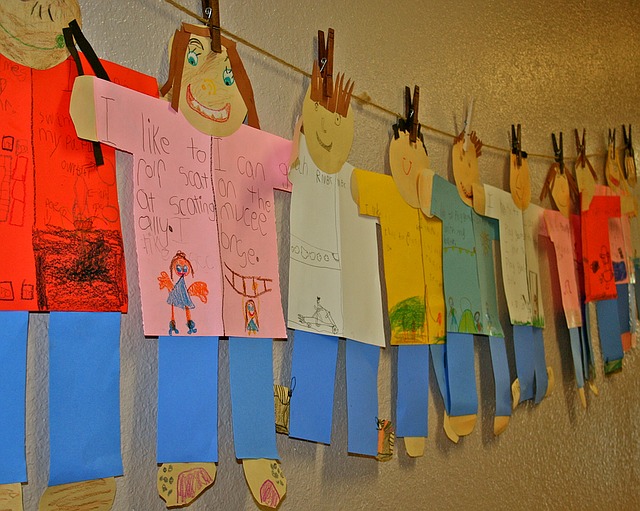Social Emotional Learning in the Classroom – A Guide for Elementary Teachers
April 29, 2021 August 30, 2021
A lot of the buzz around education today is around engagement, academics, and catching kids up.
While everyone would love if a switch existed for kids to be engaged, that’s (unfortunately) not possible. Engagement doesn’t come from finding the right tech tool, but a sense of belonging.
Kids are more engaged when they feel connected.
And one of the most important ways they can feel more connected is through regularly getting social emotional learning in the classroom on a regular basis.
What is Social Emotional Learning in the Classroom?
Social Emotional Learning (SEL) is a process where children develop and successfully apply the skills and knowledge learned to understand and control their emotions, show empathy to others, develop healthy relationships, set positive and realistic goals, and make sound decisions. Just like Learning-Focused, it is a framework that encompasses several skills that affect academic and life success.
Social Emotional Learning has been around for a long time. At one time you could only find it in a Special Education classroom, but with the way the world is changing it is needed in all classrooms.
At Learning-Focused, we feel that learning can’t happen in a classroom unless behaviors are under control. Examples of good classroom behaviors:
- using manners, like saying please and thank you
- not talking over friends
- not throwing objects
- keeping hands to yourself
- respecting classroom materials, books and supplies
How to Use Social Emotional Learning in the Elementary Classroom?
Many teachers become overwhelmed at the thought of incorporating social emotional learning into the already-busy day. The good news is that with just a few simple tweaks, it can be infused into what educators are already teaching. Here are three basics teachers need to know to successfully teach SEL:
- SEL Activities and Teaching Social Skills Is Not Just for Guidance Counselors: While guidance counselors are all about social skills, they are often stretched thin. Many counselors are lucky if they can visit a classroom once a month. This is why teachers need to be reinforcing SEL every day with simple daily activities such as journal writing, read alouds, class meetings using emotion charts, practicing problem solving, and incorporated into art activities. These SEL activities don’t need to take a lot of time; 15 minutes a day can bring about substantial change, and can be embedded into academics.
- Choice: A Big Component of SEL: There has always been a need for social skills in every classroom. Sometimes kids just don’t know the right thing to do, or the wrong thing, and they need to know the choices. Kids have choices—and that is a big component of Social Emotional Learning. Particularly for kids who have been learning online, from home, during these important formative years. They need to know how to make responsible and caring decisions, so they can manage emotions, feel and show empathy, and establish and maintain friendships.
- SEL Interventions and Combating Disruptive Behavior: If a teacher can’t teach in the classroom due to disruptive behavior, that’s when you know behaviors need to be resolved. For example:
- two kids are fighting during a whole group lesson.
- kids are snickering in the corner during a small group activity.
- older elementary students are passing notes during class.
If you suspect your students are overly anxious or stressed, here are 3 recommendations we have for ways to reduce student stress in the classroom.
Interventions must happen if a teacher can’t teach in the classroom and if learning can’t be put into place. If a teacher is practicing SEL weekly, he or she can refer back to the lesson while the unwanted behavior is happening.
Introducing Leroy—A Real-Life Social Emotional Learning Support Dog
It’s with these basics in mind, that we created a series of Social Emotional Learning books centered on a real-life social emotional learning support dog, Leroy. Leroy, an 8-year-old Golden Lab, born and bred in California by Canine Companions for Independence, went to a professional training where he learned how to be a facility dog. Every day, Leroy walks the halls of a school in North Carolina, teaching kids how to be a friend, and what to do with their feelings.


